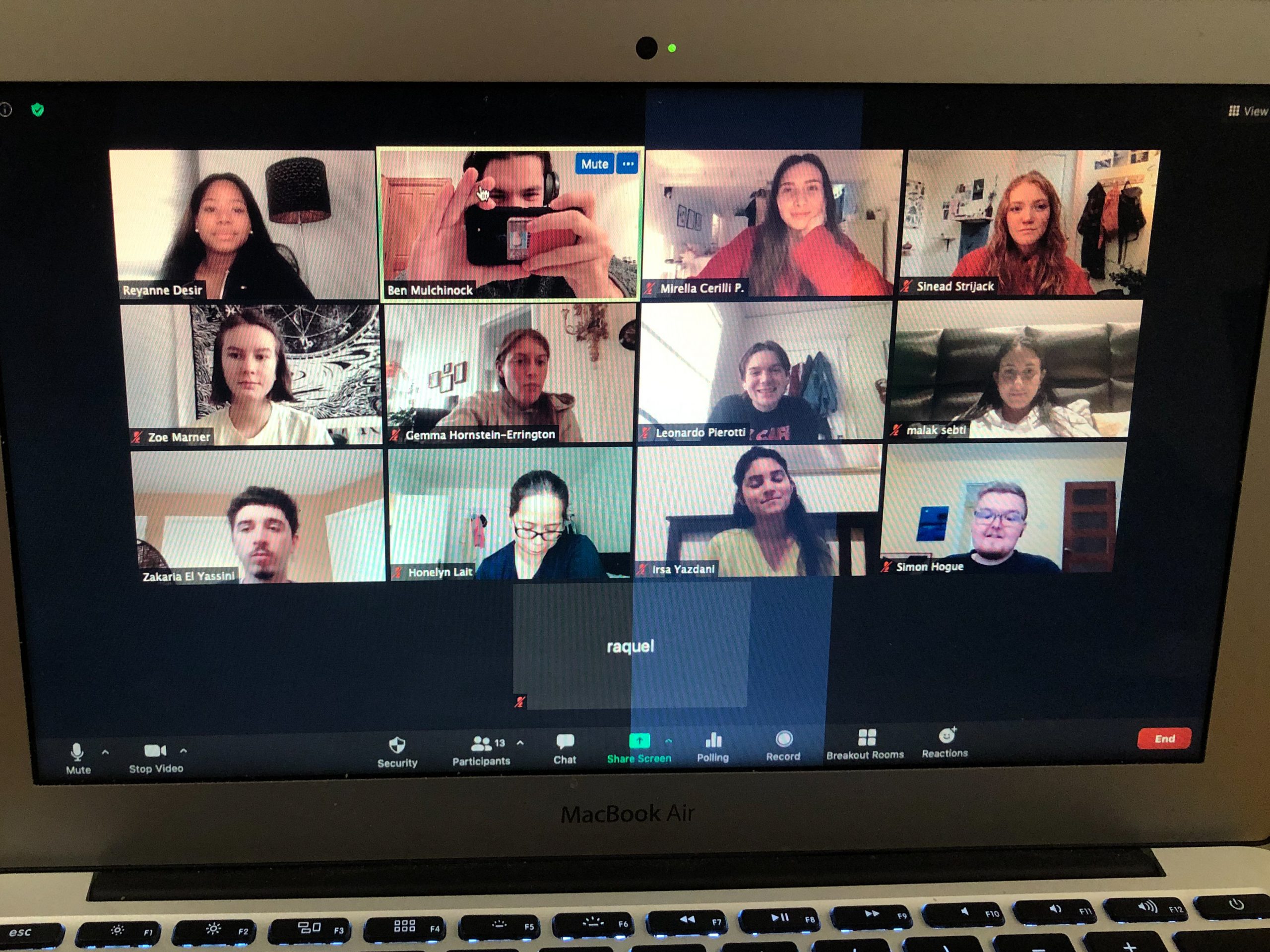I would recommend Eric Schlosser’s book, Fast Food Nation, to anyone. The film version directed by Richard Linklater, however, leaves me less enthusiastic. While Schlosser’s book is full of mind-blowing facts and shocking true stories, somehow it doesn’t seem to translate to the big screen.
Fast Food Nation is an attack on the fast food industry. It follows the lives of people involved in the industry on different levels. From the hard-working teen selling burgers after school to the well-paid executive at the corporate office, Fast Food Nation takes a look at the lives of people who help put the fast food product on the market.
The film follows Don Anderson (played by Greg Kinnear), a marketing executive for a successful fast food chain who travels to Colorado to investigate allegations there are “bad things” getting into the meat used to make his company’s best-selling hamburger. Anderson is shocked by what he discovers when he visits the meat-packing plants and speaks to some of the workers and ranchers in Colorado.
Fast-paced production lines cause workers to make mistakes as they process the meat that eventually goes into the hamburgers. Poor use of machinery results in feces left in the meat and employees who suffer serious, sometimes fatal, injuries. The corruption of the industry becomes clear as Anderson is exposed to a side of his business he had never before considered.
The film jumps between narratives as it focuses on the various situations of the major characters. Each mini-narrative offers a different take on the state of the fast food industry. Poorly-treated Mexican workers are helpless in their dangerous positions at the meat-packing plant, while managers of successful fast food chains turn a blind eye to the deplorable system that makes them money.
The ideas expressed and realities highlighted in Linklater’s film are important and thought-provoking. However, the narrative form he chose for the film doesn’t quite work. When following a character’s story, the audience is waiting for something to happen. Although a meat-packing accident did shake up the action for a short while, it was far too predictable and, therefore, anti-climactic.
A more Michael Moore-esque approach, interviewing real people rather than creating fictional characters, may have been more successful. The strength in Schlosser’s book, after all, is that every part of it is true. The people whose stories he tells do exist and the situations they have experienced are very real. The shock value Linklater and Schlosser wanted to achieve with the film version of Fast Food Nation would have been much more effective if they had simply allowed real people to tell their own stories.
Fast Food Nation is in theatres now.




Comments are closed.